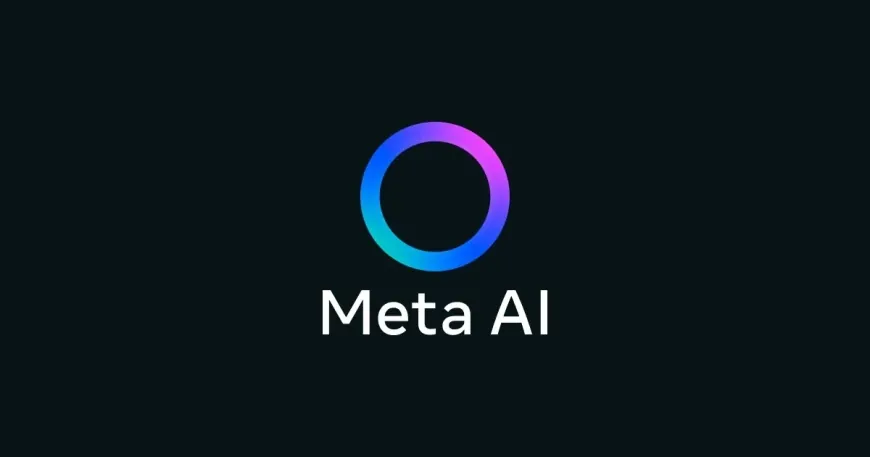Meta Launches $10M Super PAC to Counter Restrictive State AI Regulations
Meta invests $10M+ in a super PAC to support candidates promoting AI innovation and counter state laws limiting AI development.

Meta Platforms, Inc., the parent company of Facebook, is investing over $10 million in a new super PAC aimed at influencing state-level artificial intelligence legislation. Named the American Technology Excellence Project, the PAC will fund political campaigns supporting candidates who back AI development, U.S. technology leadership, and pro-innovation policies, according to Axios.
This comes amid a surge in state-level AI bills, following criticism that the federal government has not acted swiftly to regulate AI technologies. During the 2025 legislative session, over 1,000 AI-related bills were introduced across all 50 states.
PAC Leadership and Bipartisan Strategy
The super PAC will be managed by Brian Baker, a veteran Republican political consultant, and Hilltop Public Solutions, a Democratic consulting firm. By supporting candidates from both parties in the 2026 midterms, Meta aims to establish a network of tech-friendly policymakers nationwide.
Meta spokesperson Rachel Holland said the PAC will focus on promoting AI innovation, supporting parental control over AI applications for children, and defending U.S. technology leadership globally. Holland emphasized that the initiative is part of the company’s broader approach to ensure AI policy does not stifle innovation or impede the competitiveness of U.S. companies.
State-Level AI Regulations
Several states, including California, have advanced AI-related legislation. Key bills currently awaiting Governor Gavin Newsom’s signature include:
-
SB 243: Regulates AI companion chatbots to protect minors and vulnerable users.
-
SB 53: Requires large AI companies to increase transparency on algorithmic operations and user data handling.
Meta has not specified which states its super PAC will prioritize or how many staff it plans to employ, but the company has previously emphasized California, where it maintains its headquarters.
Child Safety and AI Concerns
The PAC’s focus on parental control emerges in the context of growing concerns over AI and child safety. Internal Meta documents reportedly revealed that some chatbots were permitted to have “romantic” interactions with minors, prompting public scrutiny. Whistleblowers have also claimed that Meta suppressed research related to potential AI risks to children.
Impact on the Tech Industry
Silicon Valley has accelerated efforts to prevent state-by-state AI regulation, warning that a fragmented system would complicate compliance, slow innovation, and reduce competitiveness. Meta joins other tech players in shaping policy:
-
Andreessen Horowitz and OpenAI recently launched a $100 million super PAC focused on opposing restrictive state AI laws.
-
Earlier this year, a federal proposal that would have blocked states from regulating AI for ten years nearly became law but was ultimately rejected.
Meta executives stress that state-level policy decisions will influence AI product development, deployment, and U.S. leadership in global AI innovation. Brian Rice, Meta’s VP of public policy, told Axios the PAC will support candidates who champion AI development and defend American technology leadership at home and abroad.
U.S. Tech Industry and State AI Regulations
U.S. technology firms, including Meta, are navigating a complex environment as more than 1,000 AI-related bills were introduced across all 50 states in 2025. Industry leaders warn that inconsistent rules from state to state could slow product launches and increase legal and compliance costs for companies developing AI applications.
China’s government-backed AI initiatives have expanded rapidly, with estimates of tens of billions of dollars invested annually in AI research, development, and infrastructure, positioning Chinese firms to compete globally in areas such as cloud computing, generative AI, and AI chip production.
Technology companies, including Meta, warn that varying AI regulations across states could increase compliance costs by millions annually, complicate product launches, and slow adoption of AI tools in healthcare, finance, and other regulated sectors. Analysts note that companies may need separate legal and technical adjustments for each state, which could delay nationwide rollouts and reduce U.S. firms’ ability to compete with global AI leaders.
Also Read: Elon Musk Threatens Lawsuit Against Apple Over Grok AI App Store Ranking and Antitrust Claims































































